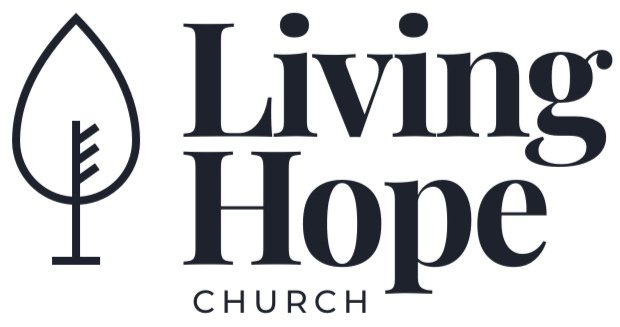Much happens in our reading today, and here is another excellent reflection by D.A. Carson in regard to the change in Jacob:
“What a transformation in jacob (Gen. 32)! Superficially, of course, not much has changed. He left Beersheba for Paddan Aram because he was afraid for his life; his brother Esau had reason enough, according to his own light, to kill him. Now he is returning home, and Jacob is still frightened half to death of his brother. No less superficially, one might argue that much has changed; Jacob fled the tents of his parents a single man, taking almost nothing with him, while here he returns home a rich, married man with many children.
But the deepest differences between the two journeys are reflected in Jacob’s changed attitude toward God. On the outbound trip, Jacob takes no initiative in matters divine. He simply goes to sleep (Gen. 28). It is God who intervenes with a remarkable vision of a ladder reaching up to heaven. When Jacob awakens, he acknowledges that what he experienced was some sort of visitation from God (28:16–17), but his response is to barter with God: if God will grant him security, safety, prosperity, and ultimately a happy return home, Jacob for his part will acknowledge God and offer him a tithe.
Now it is rather different. True, God again takes the initiative: Jacob meets angelic messengers (32:1–2). Jacob decides to act prudently. He sends some of his people ahead to announce to Esau that his brother is returning. This spawns devastating news: Esau is coming to meet him, but with four hundred men.
On the one hand, Jacob sets in motion a carefully orchestrated plan: successive waves of gifts for his brother are sent on ahead, with each of the messengers carefully instructed to speak to Esau with the utmost courtesy and respect. On the other hand, Jacob admits that matters are out of his control. Bartering is gone; in “great fear and distress” (32:7) Jacob takes action, and then prays, begging for help. He reminds God of his covenantal promises, he pleads his own unworthiness, he acknowledges how many undeserved blessings he has received, he confesses his own terror (32:9–12). And then, in the darkest hours, he wrestles with this strange manifestation of God himself (32:22–30).
Twenty years or so have passed since Jacob’s outward-bound journey. Some people learn nothing in twenty years. Jacob has learned humility, tenacity, godly fear, reliance upon God’s covenantal promises, and how to pray. None of this means he is so paralyzed by fear that he does nothing but retreat into prayer. Rather, it means he does what he can, while believing utterly that salvation is of the Lord.
By the time the sun rises, he may walk with a limp, but he is a stronger and better man.”
Carson, D. A. (1998). For the love of God: a daily companion for discovering the riches of God’s Word. (Vol. 1, p. 57). Crossway Books.


















